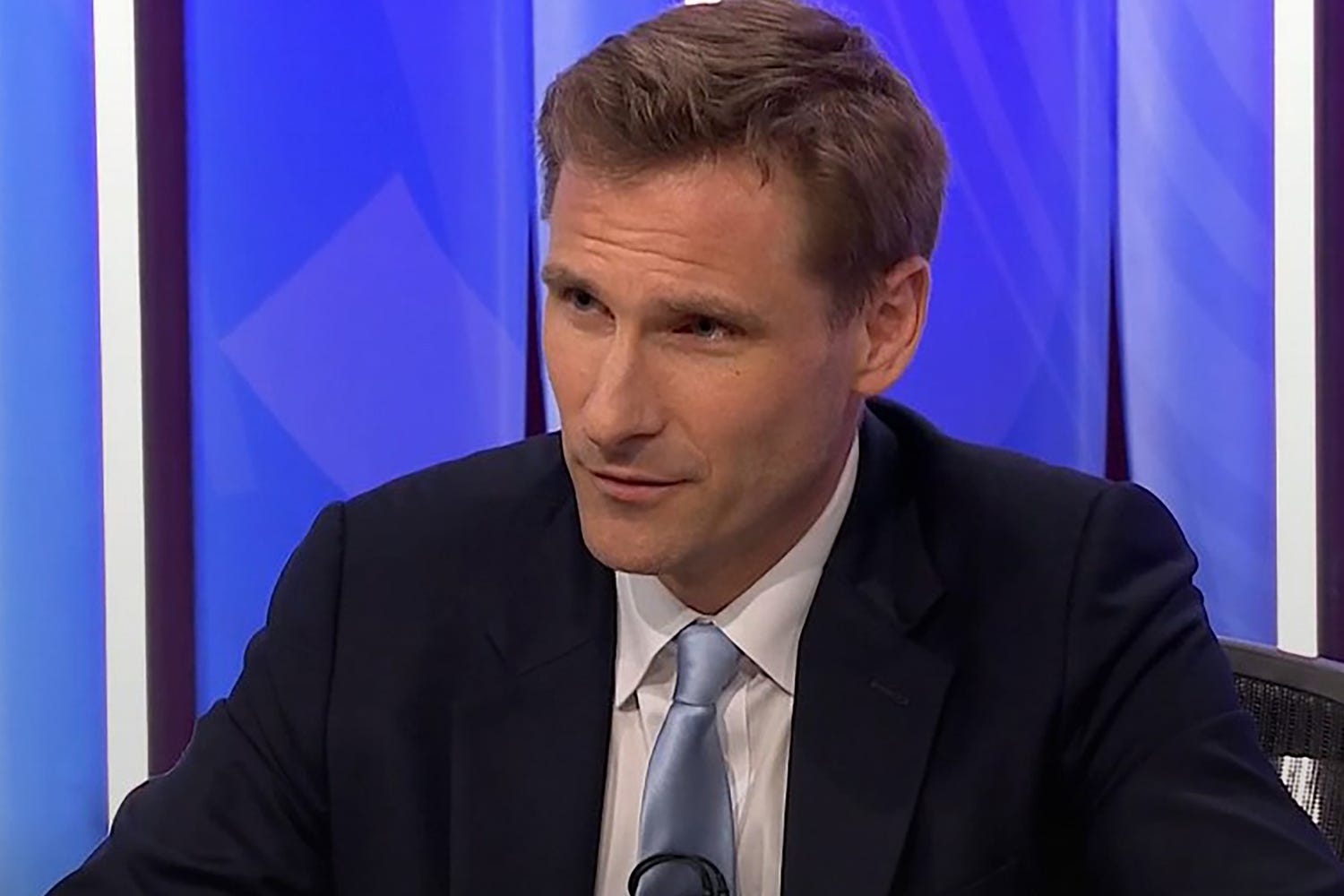The shocking thing about the Tory minister’s Congo howler: Why was anyone was surprised?
Chris Philp’s crass blunder on ‘Question Time’ – wondering aloud if Rwanda and Congo were different countries – reveals a deeper truth about the Conservative’s long-standing ignorance, prejudice and lack of concern about poor countries, says Andrew Grice


Policing minister Chris Philp is under fire after appearing to confuse two African nations and asking whether Rwanda is a different country to Congo.
On the day Royal Assent was given to a bill declaring Rwanda a safe country to which migrants can be deported from the UK, his gaffe surprised the audience and fellow panellists on BBC TV’s Question Time.
An audience member from the Democratic Republic of the Congo (DRC), who asked a question about the new law, pointed out there had been recent conflict between Congo and neighbouring Rwanda, and a long history of violence between the two countries. He asked: "Had my family members come from Goma [a city on the DRC’s border with Rwanda] on a crossing right now, would they then be sent back to the country they are supposedly warring – Rwanda? Does that make any sense to you?"
Mr Philp, a former immigration minister, replied: "No – I think there’s an exclusion on people from Rwanda being sent to Rwanda." After the audience member objected that his parents were "not from Rwanda", Phlip said: "Well, I mean, Rwanda is a different country to Congo, isn’t it…? It’s a different country?"
Later, an ally of the minister unconvincingly suggested he had been posing a rhetorical rather than a real question, as he tried to clarify what he had been asked.
Philp’s crass blunder is damaging because it suggests a deeper truth: what their critics regard as the Tories’ long-standing ignorance, prejudice and lack of concern for poor countries.
They certainly have form when it comes to Africa. In 1985, Alan Clark, the Tory grandee, diarist and minister under Margaret Thatcher, said Black groups, uneasy about the compiling of data on ethnic minorities, were “afraid we’ll be going to hand them over to the immigration services so that they can send them all back to Bongo Bongo Land."
Boris Johnson once wrote: “It is said that the Queen has come to love the Commonwealth, partly because it supplies her with regular cheering crowds of flag-waving piccaninnies.” Writing about a forthcoming visit to Congo by Tony Blair, he added: “No doubt the AK47s will fall silent, and the pangas will stop their hacking of human flesh, and the tribal warriors will all break out in watermelon smiles.”
As chancellor, Rishi Sunak cut the international development budget from 0.7 to 0.5 per cent of gross national income, leaving a £4.6bn black hole compared to 2019. Aid to Asia fell by a third last year. The government has also sparked controversy by raiding the overseas aid budget to pay for housing asylum seekers in the UK – at a cost of £4.3bn last year.
David Cameron, the foreign secretary, and Andrew Mitchell, his deputy, are both “pro aid”, and opposed Sunak’s cut when they were outside government. Philp’s blooper will hardly help their campaign to restore the Tories’ battered credentials on the issue.

We shouldn’t be too surprised that Philp suffered from an outbreak of foot-in-mouth. As chief secretary to the Treasury, he was number two to former chancellor Kwasi Kwarteng and involved in drawing up his catastrophic mini-Budget. Later, he insisted: “I wasn’t the decision-maker,” saying: “I had a view myself that we should have a more balanced package.”
Philp is a good example of someone who climbs up the ministerial ladder after winning brownie points from party whips as a backbencher, by defending the indefensible on any media outlet at any time of day or night – often when ministers refused to appear.
Until his Congo faux pas, Philp was best known at Westminster for tweeting that the mini-Budget had pushed up the value of the pound. Moments later, it plunged to a 37-year low. Just about where Philp’s ratings are today.






Join our commenting forum
Join thought-provoking conversations, follow other Independent readers and see their replies
Comments